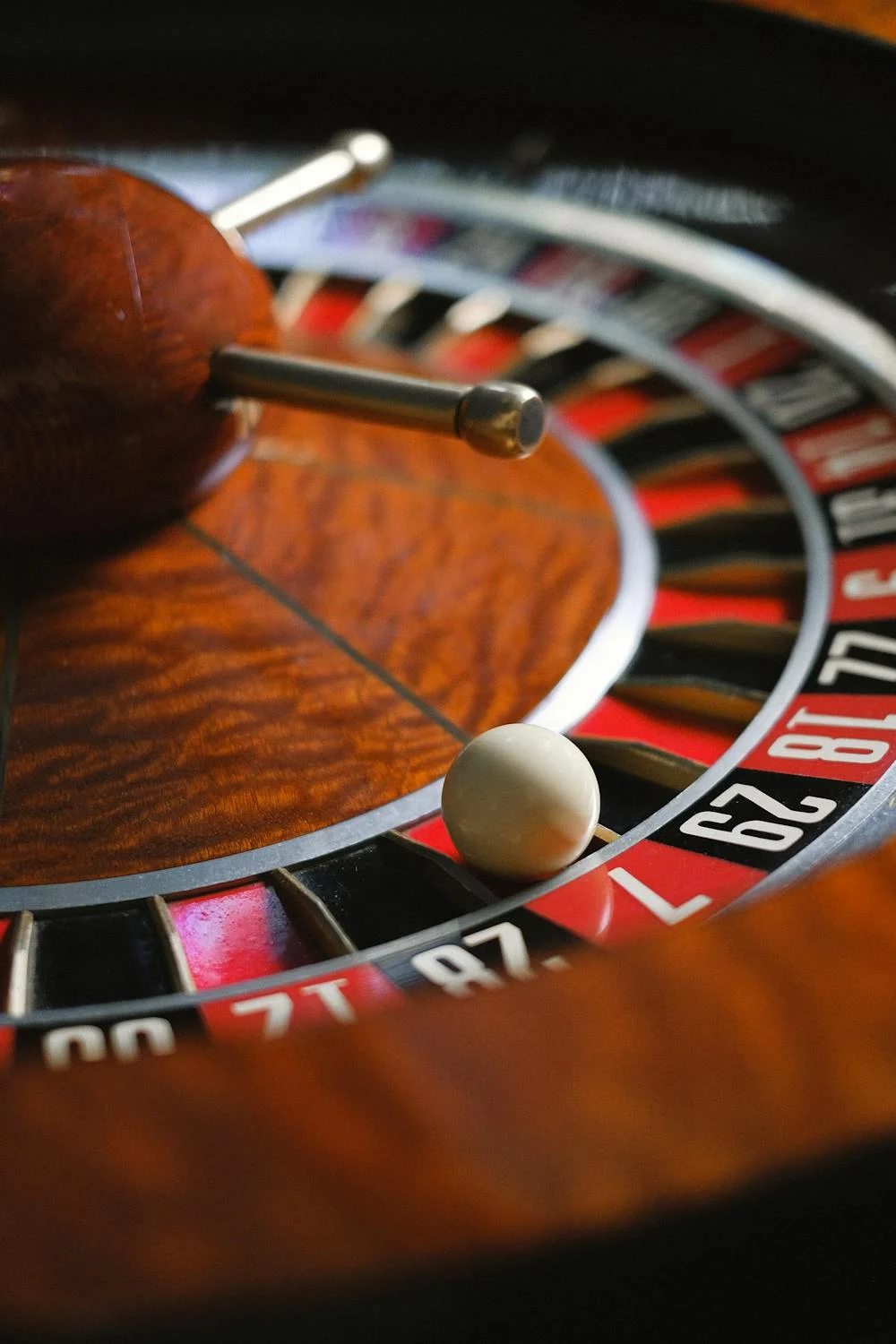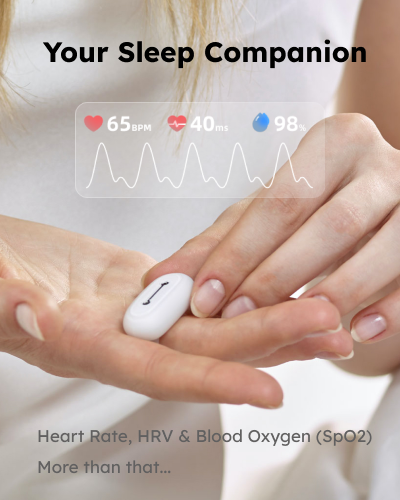
How Much Do You Know About Sleep-Related Numbers?
Sleep is a vital component of overall well-being, yet many people overlook its importance in their daily lives. To ensure you are getting the quality rest your body needs, it’s essential to be aware of several key numbers that can make a significant difference in your sleep health.
7 Hours: The Minimum Recommended Sleep Duration
According to the Centers for Disease Control and Prevention (CDC), adults aged 18-60 should aim for at least 7 hours of sleep each night. Sleeping less than this can increase the risk of chronic conditions such as heart disease, stroke, and depression. While individual needs may vary, 7 hours is generally considered the minimum for optimal health.
85%: Sleep Efficiency
Sleep efficiency is the ratio of time spent asleep to the total time spent in bed. An efficient sleeper typically has a sleep efficiency of 85% or higher. This means that the majority of your time in bed should be spent sleeping rather than tossing and turning. Improving sleep efficiency can lead to more restful and restorative sleep, even if the total sleep duration remains the same.


18-22 ℃: Ideal Room Temperature for Sleep
The ideal bedroom temperature for sleep is between 18 to 22℃ This temperature range supports the natural drop in core body temperature that occurs during sleep, promoting deeper and more restful sleep. It’s important to create a sleeping environment that is comfortable for you, ensuring it is also quiet, dark, and free from disruptions.
30%-60%: Ideal Indoor Humidity for Sleep
Maintaining an indoor humidity level between 30% and 60% is crucial for a comfortable sleep environment. Proper humidity levels help prevent dryness in the air, which can lead to respiratory discomfort, dry skin, and irritated eyes, all of which can disrupt sleep. Balancing humidity in your bedroom can enhance the quality of your rest and contribute to a healthier sleep routine.
20-30 Minutes: Ideal Nap Length
Short naps of 20 to 30 minutes can boost alertness and performance without leading to sleep inertia, the grogginess that can occur after waking from a longer nap. These power naps are particularly beneficial when you’re feeling drowsy during the day and need a quick energy boost.
15-20 Minutes: Time to Fall Asleep
On average, it should take about 15 to 20 minutes to fall asleep after getting into bed. If it consistently takes you much longer, it could be a sign of insomnia or poor sleep hygiene. Conversely, if you fall asleep almost immediately, it might indicate sleep deprivation.

The above information is for your interesting reading. To gain deeper insights into your own sleep patterns, it’s suggested to order GO2SLEEP 3, and get to know your sleep better. Shop Now

Comment
Leave a Reply Cancel reply
ALL ARTICLES
Subscribe Us
403A, Building A2, Zhihui Park, Fuyong Street, Bao'an District, Shenzhen, Guangdong, China
Products
Company
Copyright © SLEEPON. All rights reserved.
SLEEPON keeps both Sleeponhealth and Sleepon.us due to the brand upgrading. We promise to provide the same products and service in both sites.








Simply wish to say your article is as amazing. The clearness in your post is just nice and i could assume you’re an expert on this subject. Well with your permission let me to grab your feed to keep updated with forthcoming post. Thanks a million and please carry on the gratifying work.